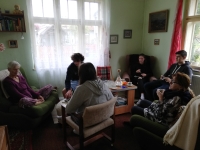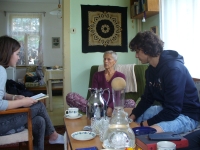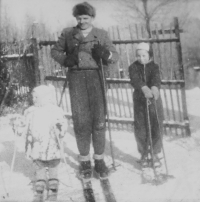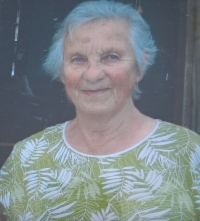Curiosity drove me to go abroad
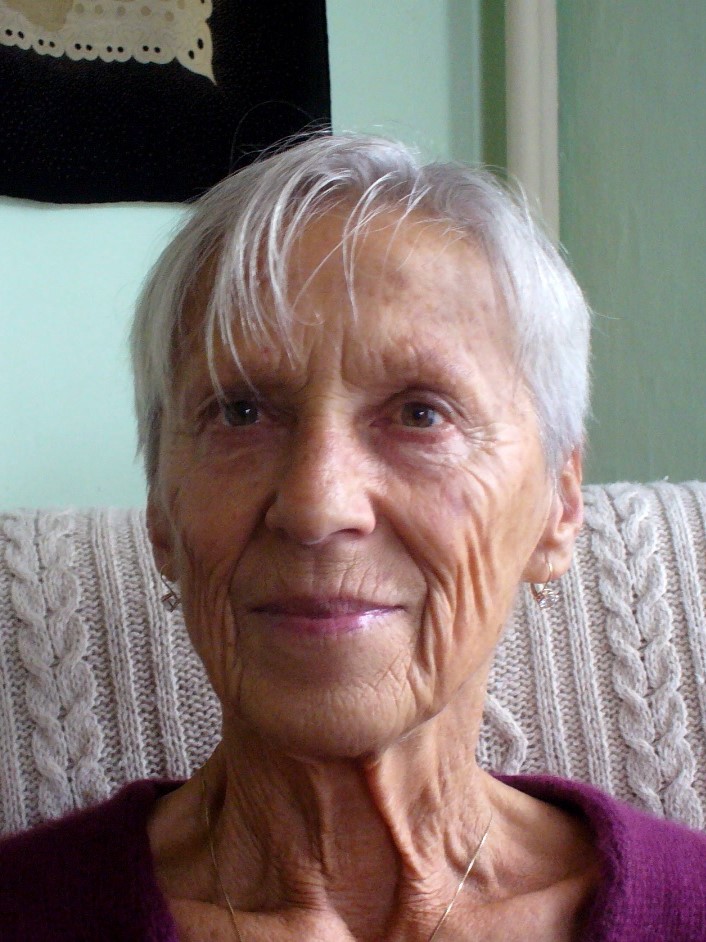
Download image
Pavla Vitvarová was born on 26 August 1947 in Jablonec nad Nisou into the family of Josef and Zdeňka Retrovi. They first lived with her parents and sister on a small farm in Zálesí near Rychnov, later they moved directly to Rychnov near Jablonec nad Nisou. In 1953, she began attending the local primary school, where she was most interested in history, mathematics and geography. In her free time, she mostly played sports. In 1962, she graduated from a nine-year primary school and entered a three-year grammar school. After graduating in 1965, her parents wanted her to pursue a career in teaching, but to her delight, the entrance exams were negative and she was able to join a projectionist in Jablonec nad Nisou as a draughtswoman. Later, she travelled to Slovakia as a surveyor’s assistant, where she plotted the terrain. She got married and in 1968 went on maternity leave. After the divorce she became more interested in events in Western Europe and in June 1982 she and her boyfriend finally decided to leave the republic illegally. They applied for asylum in the refugee camp in Fürth, near Nuremberg, and soon afterwards left for Canada with their son. There, the witness worked at several different jobs before completing her education as a landscape architect and starting work in Toronto. She returned to the Czech Republic for the first time in 1992. At the time of filming (2024), she lived alternately in Canada and the Czech Republic.
